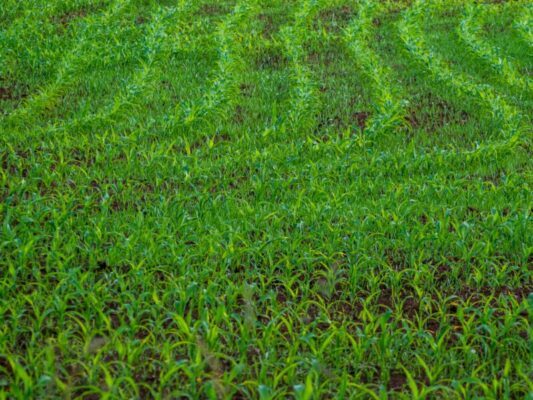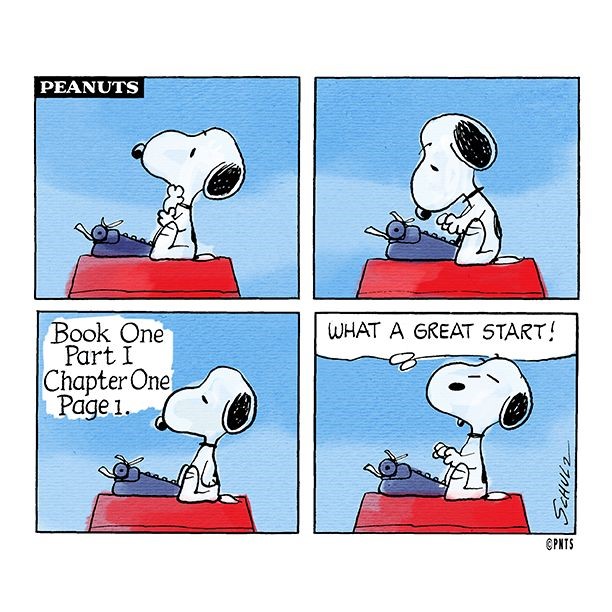A Linguistic Look at Green Growth
Simply put, green growth is defined as economic growth that is environmentally sustainable. Since the pros and cons of the concept are widely discussed elsewhere, it might be useful, or at least entertaining, to take a look at what’s in the words themselves.
As a logophile, it is hard to resist looking for clues about the essence of words in their past. Let’s start with growth. In Old English, it was growan, and similar forms are found in Norwegian (gro) and Old German (groana). These words were originally used to describe the growth of vegetation or grass. And of course, the colour of all of this growing grass is green, yet again another closely related word.
Consequently, we could say that the words green, grass and growth all stem from our ancestors’ observations of photosynthesis in action. Linguistically speaking, “green growth” is thus a redundancy, since both words (originally) describe plant growth in springtime.
Interestingly, the growth in “green growth” found in Norwegian (grønn vekst) and German (Grünes Wachstum), indicates a different linguistic background. The respective verbs vokse (No.) and wachsen (Ger.) have their roots in the Old English weaxan (grow, be fruitful, increase), now still found in words like wax (“waxing moon”) and waist – that part of the animal that “increases” during pregnancy.
So, no matter if the word for growth is taken from the realm of plants (growan) or animals (weaxan), the concept itself has deep roots in the natural world. As we now strive to find a) concepts to develop, and then b) terms to describe economic growth that is compatible with the limits of our natural resources, we should thus perhaps look for conceptual and linguistic hints taken from the annual cycle of growth, fruition, decay, and once again, growth. Wouldn’t it be nice to see economists, biologists and linguists working together to come up with a better way to describe a vision for ‘economic circularity’ – one that doesn’t merely advocate the unrealistic promise of an eternal springtime.
Karl Kerner
Karl sin yrkeserfaring spenner fra praktisk landbruk og prosjektleder i landbruksforskning, til internasjonalt arbeid med klimatilpasning og forvaltning av tilskuddsmidler i landbruket.
Medlem av:
Norsk faglitterær forfatter- og oversetterforening – NFFO
Norsk Landbruksjournalistlag – NLJ

